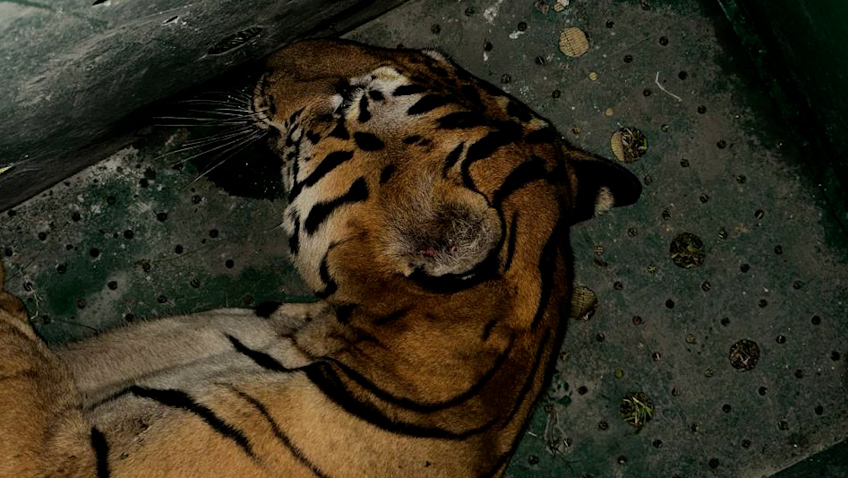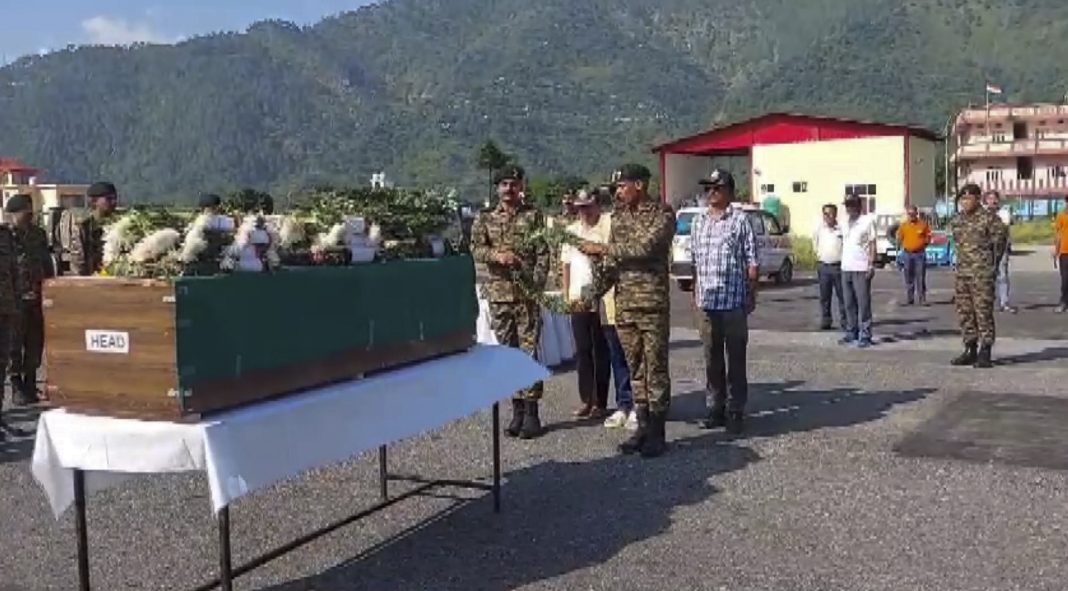New Delhi, Oct 3: India and Nepal will work closely to initiate operations against tiger trafficking networks smuggling animal parts to China, officials said on Thursday.
The two countries will use Interpol channels to collaborate with law enforcement agencies in other countries affected by the illicit trade to tackle the networks, they said.
Authorities of both countries discussed the issue of tiger trafficking networks, a transnational threat that endangers the safety of big cats across the region, at a two-day Regional Investigative and Analytical Case Meeting (RIACM) organised by the CBI and Interpol here.
“The trafficking route from India, via Nepal, to China, which continues to be frequently used for the illegal trade of tigers, leopards, and other big cats remains a matter of significant concern,” a CBI spokesperson said in a statement.
Middlemen and traders involved in these networks coordinate with each other for the collection, storage and sale of contraband, facilitating its transportation to markets in the Far East, the official said.
“Indian and Nepalese authorities will work closely to initiate operations against identified criminal targets, utilising Interpol channels to collaborate with law enforcement agencies in other countries affected by the trafficking routes.
“Interpol’s global reach and resources will be leveraged to facilitate the exchange of information, identify international links in criminal networks and coordinate transnational efforts to disrupt the illegal wildlife trade,” the statement said.
The meeting is aimed at facilitating the sharing of criminal intelligence on tiger trafficking routes, trends and criminal networks between Indian and Nepalese law enforcement authorities and strengthening cooperation between the two sides.
During the meeting, which began on Thursday, details about ongoing investigations related to tiger trafficking and bolstering intelligence-led enforcement actions are being discussed between India and Nepal, it said.
“Participants will remap existing criminal networks involved in wildlife trafficking with a focus on identifying new targets and reexamining outstanding criminal entities for further coordinated action,” the statement said.
Domain experts from Interpol’s Environmental Security Programme, senior law enforcement officials from Nepal and India’s Wildlife Crime Control Bureau (WCCB), the National Tiger Conservation Authority (NTCA), and the Economic Offences-II branch of CBI, which specialises in environmental and wildlife crimes, are participating in the meeting.
The outcomes of this RIACM are expected to enhance coordination among law enforcement authorities in both India and Nepal, with an overarching goal to break the chains of tiger trafficking that extend beyond borders, the statement said. (PTI)




